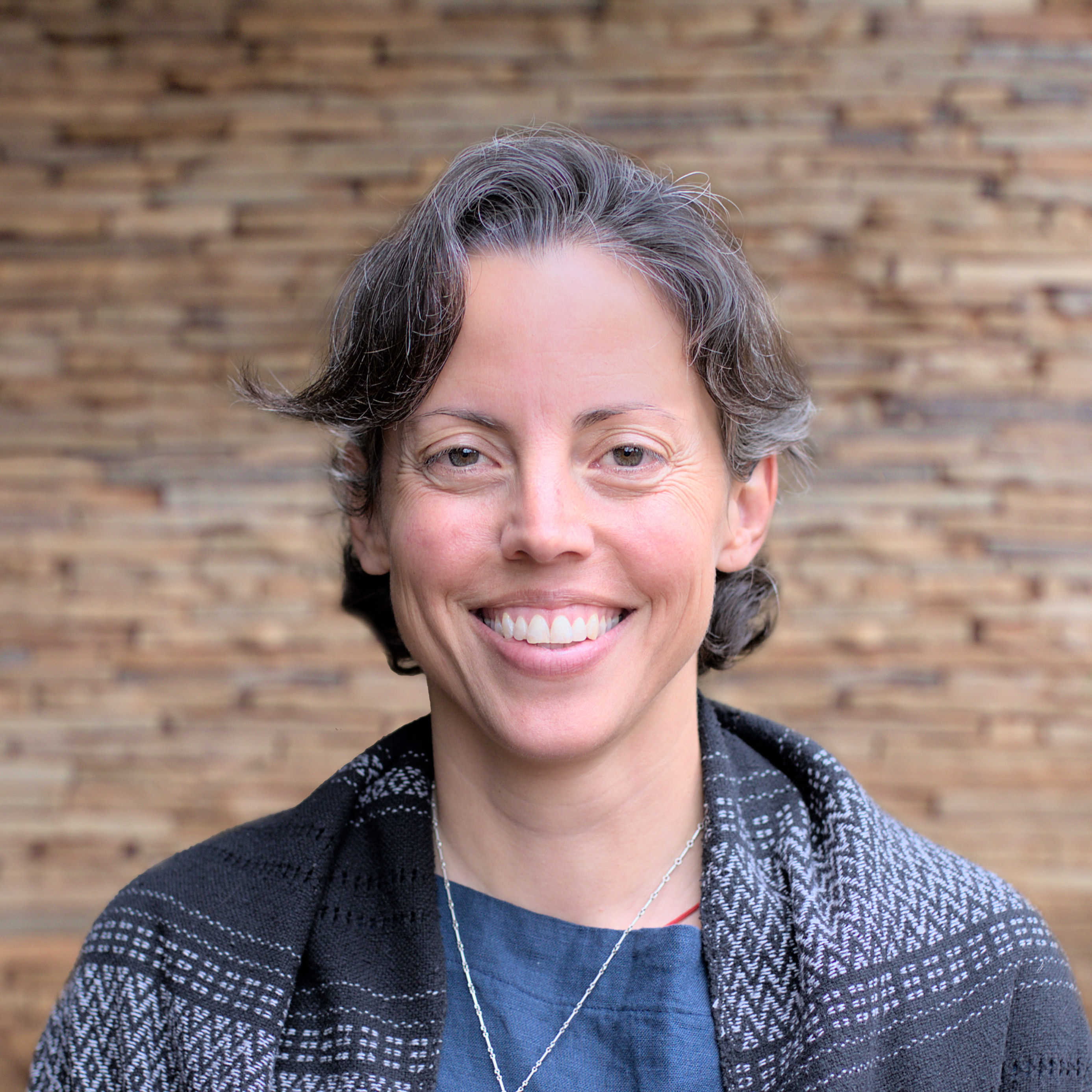
In this episode, we explore the hidden toll of activism and how we begin to build something more sustainable. Through conversations with peacebuilding chaplain and mediator Michaela Ledesma and artist-activist Jacob Lefton, this series examines how burnout shows up, why it happens, and what it might look like to recover, or prevent it entirely.
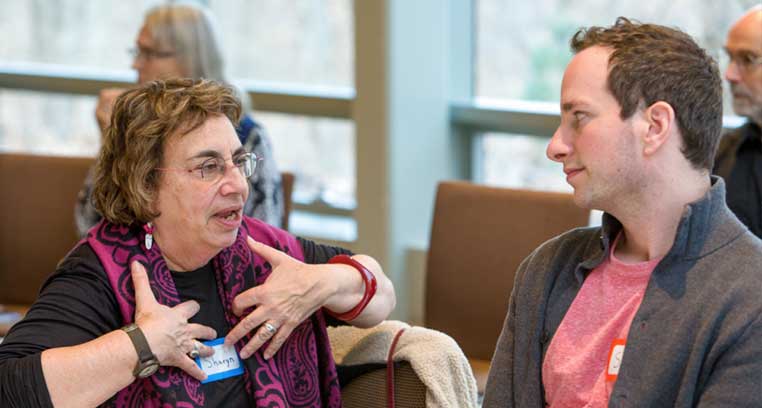
Many would point to recent decades as among the most divisive in a long time. Our polarization isn’t just deeply rooted in our major governing institutions. Divisions are affecting our relationships with family members, neighbors, and coworkers. According to the Pew Research Center, over half of Americans struggle with such tense divisions in their families. On this PEACE TALKS RADIO episode, correspondent Emily Cohen explores some initiatives underway to help us find common ground

It's a compendium of highlights from just one season in the long-running award-winning PEACE TALKS RADIO series. You'll hear clips from our series about "Reconciling Estrangement", "Homelessness Through a Peacemaking Lens", "Flipping Extremists to Bolster Peace", "Peacemaking in Relationships Amidst Health Challenges", "Truth and Reconciliation Commissions", and more.
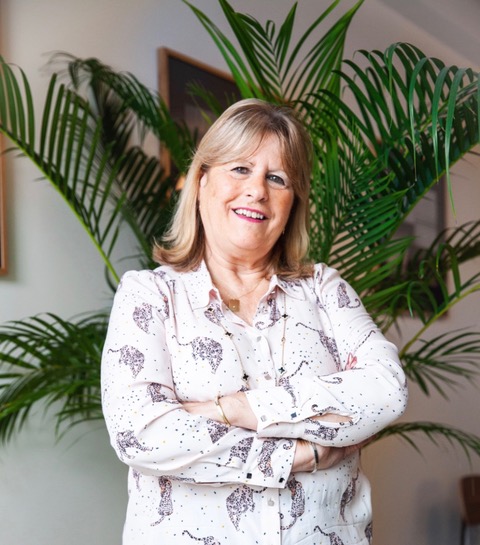
On this edition of Peace Talks Radio, we’ll take a look at hostage negotiations. From criminal kidnappings to political pawns, hostage taking is a tragic business that captivates news readers and fills the plots of thrillers. But far from the dramatic scenes played out in movies and TV series, what is actually happening behind the scenes? Danielle Preiss is our correspondent. She talks with Thomas Olsson, a former hostage and now a humanitarian worker supporting safety for other humanitarian workers in high-risk locations. Also Sue Williams, a British hostage negotiator.
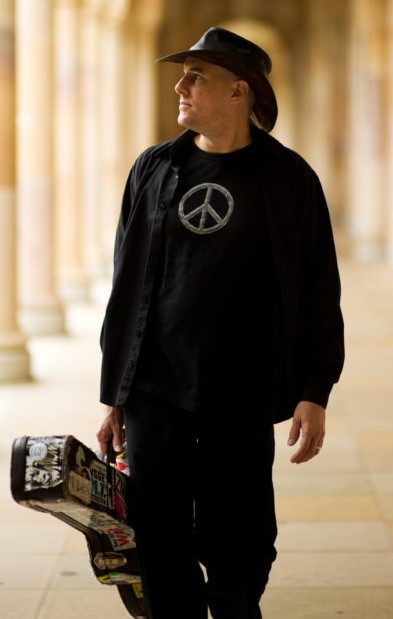
Correspondent Priyanka Shankar talks to songwriter, speaker and author David LaMotte, who wrote the book WORLDCHANGING 101: CHALLENGING THE MYTH OF POWERLESSNESS. Also featured is a conversation with John Lawrence Graham, the author of the book CHARLOTTE'S WAR. In both interviews we try to understand each one's view on peace, war, creative non-violence and community peace-building in today’s world.

On this edition of Peace Talks Radio, we explore the incredibly common yet largely undiscussed topic of estrangement. Despite how common it is, people who are estranged from friends or family often experience profound feelings of grief, loneliness and uncertainty. Estrangement can be both voluntary and involuntary, with some making the decision to end a relationship and protect themselves, and others feeling blindsided but someone else's choice. There are many roads to estrangement and just as many to reconciliation, yet neither are ever guaranteed, and that’s okay. Correspondent Julia Joubert speaks to an adult child estranged from her father, and to a woman who was once estranged from her two daughters. Also featured is a licensed psychologist to comment on the case studies and offer resolution paths to both the internal and interpersonal conflicts.
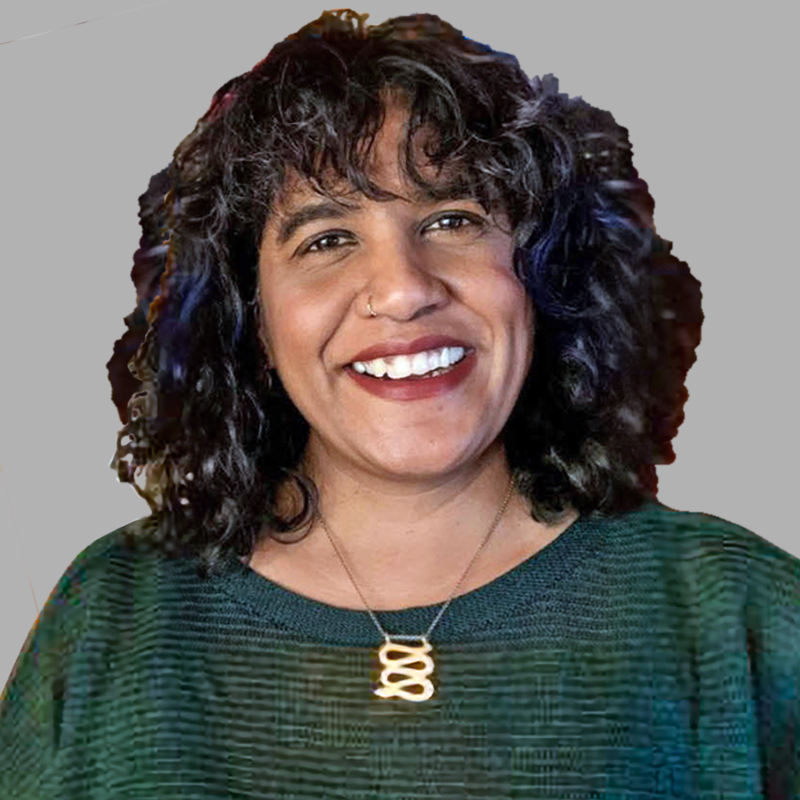
On this edition of Peace Talks Radio, we’ll take a look at transitional justice through Truth and Reconciliation Commissions. We’ve looked at the topic of transitional justice in a 2021 episode, but now look at different examples of Commissions around the globe. From the most famous historical example of the Commission established to investigate abuses under the Apartheid era in South Africa, we’ll look at the evolution of the tool in countries like the Gambia and Colombia following conflict and transitions of power. A new trend is emerging of western democratic states establishing Truth and Reconciliation Commissions to look at historical abuses against indigenous and minority populations. Australia, Canada and Greenland have all concluded such Commissions in recent years. But we’ll take a deep dive into the Commission process in Norway, which is completing in 2023. From the mid-1800s to late in the 20th century, Norway forced assimilation of the indigenous Sámi population through an official “Norwegianization” policy. Traditionally reindeer herders across the Nordic region, the Sámi were forced to give up their own culture and language, particularly through a system of residential schools for Sámi children. Now, Norway is confronting the harms under that policy and its lasting legacy. Danielle Preiss talks with three experts who study transitional justice processes and their evolution including Dr. Elin Skaar, research professor at the Christian Michelsen Institute in Norway, Ereshnee Naidu-Silverman, Program Director of the Global Transitional Justice Initiative at the International Coalition of Sites of Conscience, and Dr. Gloria Ayee, a political scientist and lecturer at Harvard University.
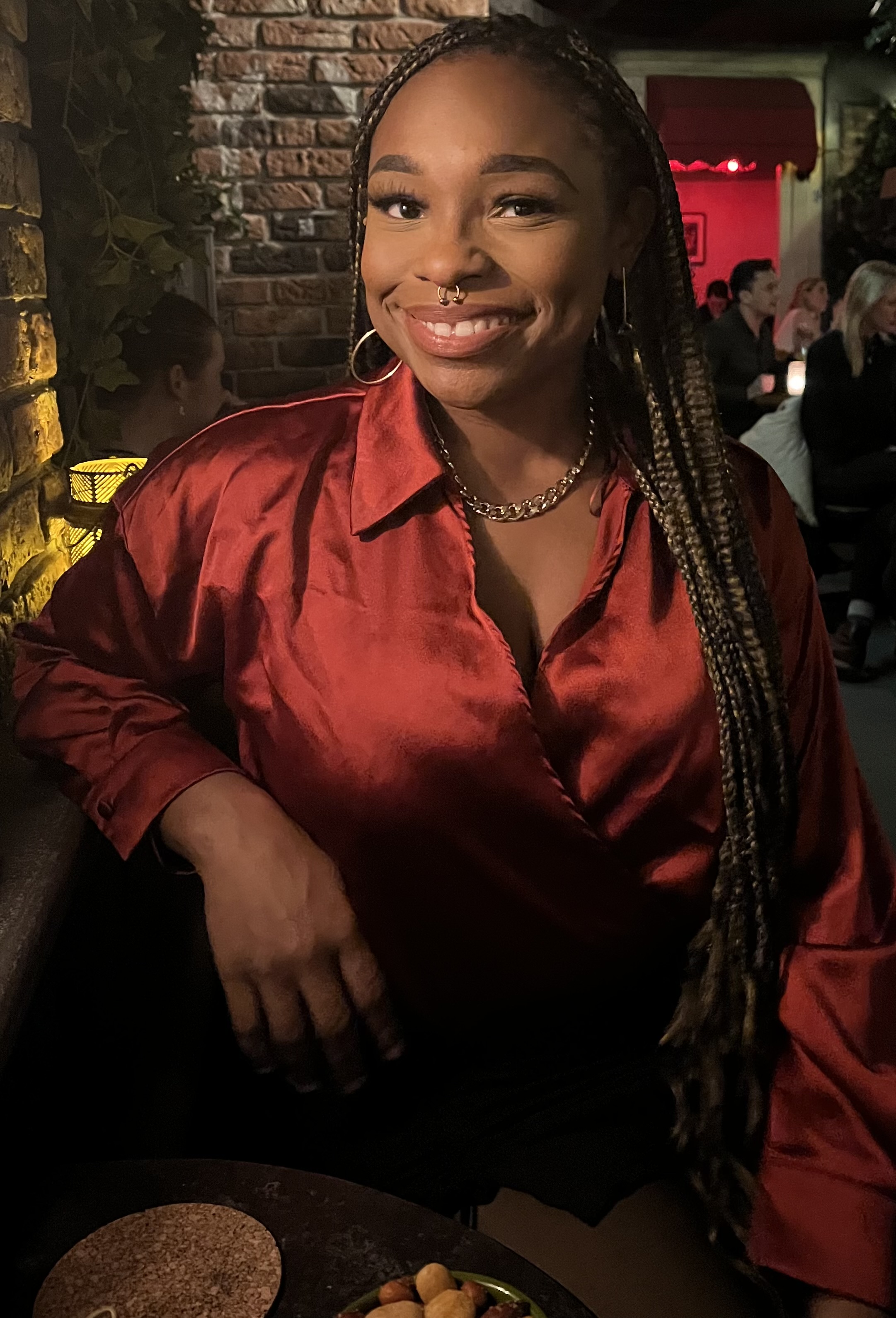
On this edition of PEACE TALKS RADIO, we explore what the sudden onset or revelation of an illness or disorder means for a relationship, be it familial, friendship or romantic. This change can be incredibly frightening, bringing with it emotions like fear, anger, guilt and deep sorrow. Individuals in such situations may have to make a choice either to stay through the sudden change, or to leave a relationship that is no longer serving them or the other. But it is how we communicate these thoughts and feelings that is crucial in ensuring moving forward in a non-violent, respectful way. This applies to both communication with oneself, and with others. Correspondent Julia Joubert talks with Adrian and Claudine de Villiers, a couple navigating these issues into their 17-year marriage. Also she visits with Dani van Zyl, a woman living with multiple chronic illnesses who is reckoning the resulting challenges. And we talk with Emonie Carter-Hale (left), a systemic and family psychotherapist.

On this edition of PEACE TALKS RADIO, we’ll explore the challenges surrounding conflicts around cultural appropriation. Cultural appropriation involves adopting elements from a culture or identity that’s not your own in a way that may be harmful, stereotypical, or exploitative. The lines are harder to draw between cultural appropriation and appreciation. The world is a global village and cultures are constantly interacting, borrowing, remixing, and evolving. However, in case of appropriation there usually is a one-way transfer, in terms of pleasure, or income and opportunity— sometimes irking the other side. So how do we learn about and enjoy other cultures without appropriating them? When are we truly simply showing appreciation of something tied deeply to another culture? Correspondent Yamini Ranjan explores multiple examples of cultural appropriation with three guests who offer insights on how we can find peace & joy when we are interacting with traditions that don’t come from our own lived experience and heritage. Our panel includes Claudia A. Fox Tree (pictured left), Harpinder Kaur Mann, and Dr. Eve Dunbar.

On this edition of Peace Talks Radio, we’ll explore the challenges surrounding chronic homelessness in the United States. According to the National Council to End Homelessness, as of January 2020, there were 580,466 people experiencing homelessness on our streets and in shelters in America. Most were individuals (70 percent), and the rest were people in families with children. They lived in every state and territory, and they include people from every gender, racial, and ethnic group. A lot of us wonder how best to help those living on the streets. This program features three women working on the forefront of this issue. Correspondent Emily Cohen speaks with Wren Fialka, the founder of Spread the Love Commission, Miranda Twitchell, a leader in the unsheltered homeless community in Salt Lake City, and Eva Thibadeau-Graczyk the CEO of Temenos Community Development Corporation in Houston.

A threat of both international and domestic terrorism has been a constant in our world for decades now. Radicalization of individuals to practice such terrorism has been identified as one of the key reasons behind these attacks forcing governments around the world to focus on countering terrorism through deradicalization. On this PEACE TALKS RADIO episode, correspondent Priyanka Shankar talks to our guests about what drives people into joining terrorist groups and how counter-terrorism efforts are trying to flip extremists to bolster peace. Why should we care about these efforts, and what role, if any, can WE play in such efforts?

On this edition of PEACE TALKS RADIO, we talk about what it means to be an ally to members of marginalized communities, and the necessary discomfort that comes with growing our awareness about our participation in oppressive structures in society, and how we can all be both the oppressed, as well as the oppressor. Correspondent Sen Zhan speaks with three DEI (diversity, equity, and inclusion) practitioners: Agnieszka Bua, Amaka Ohia-Nowak, and Kevin Groen.